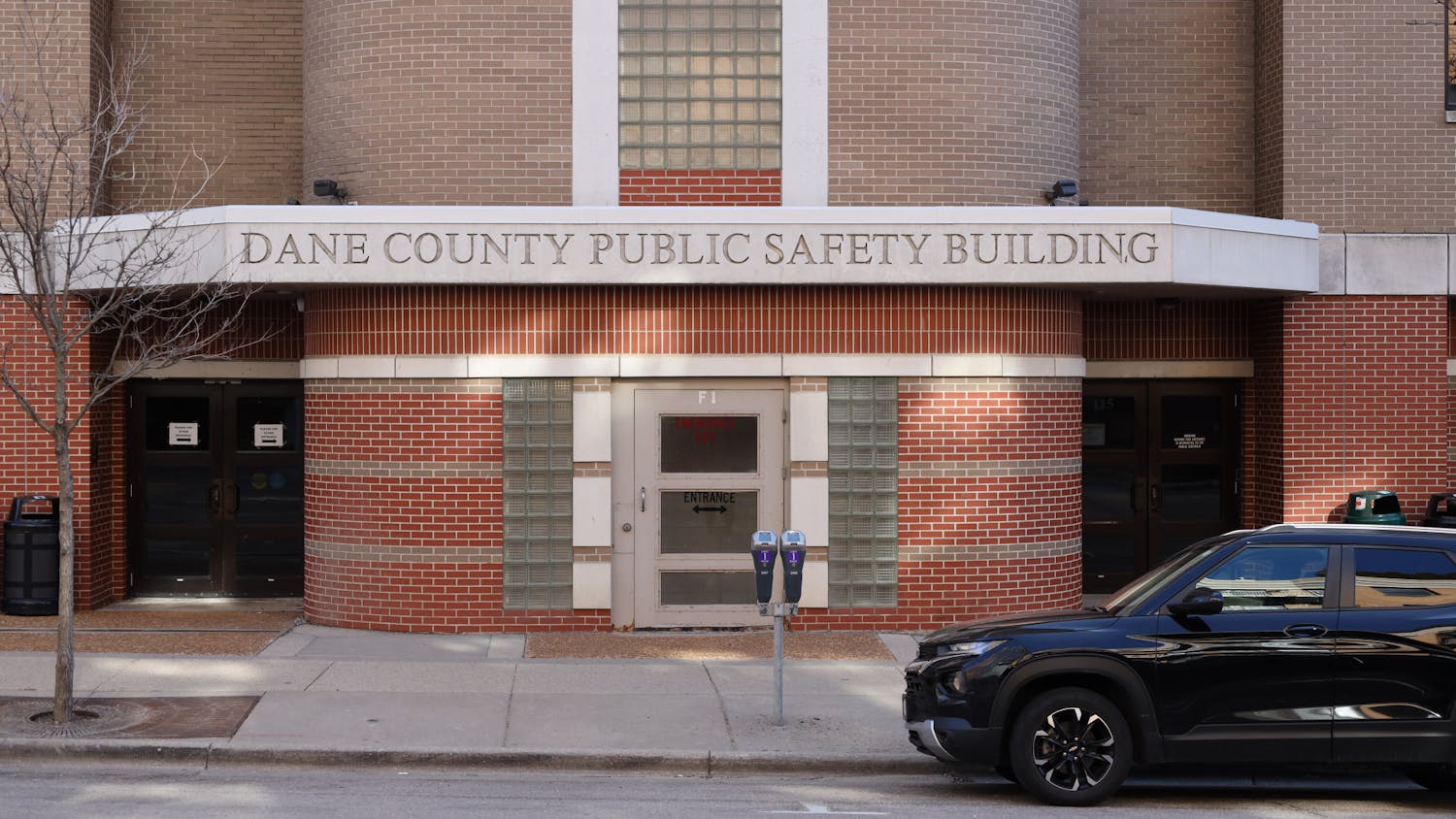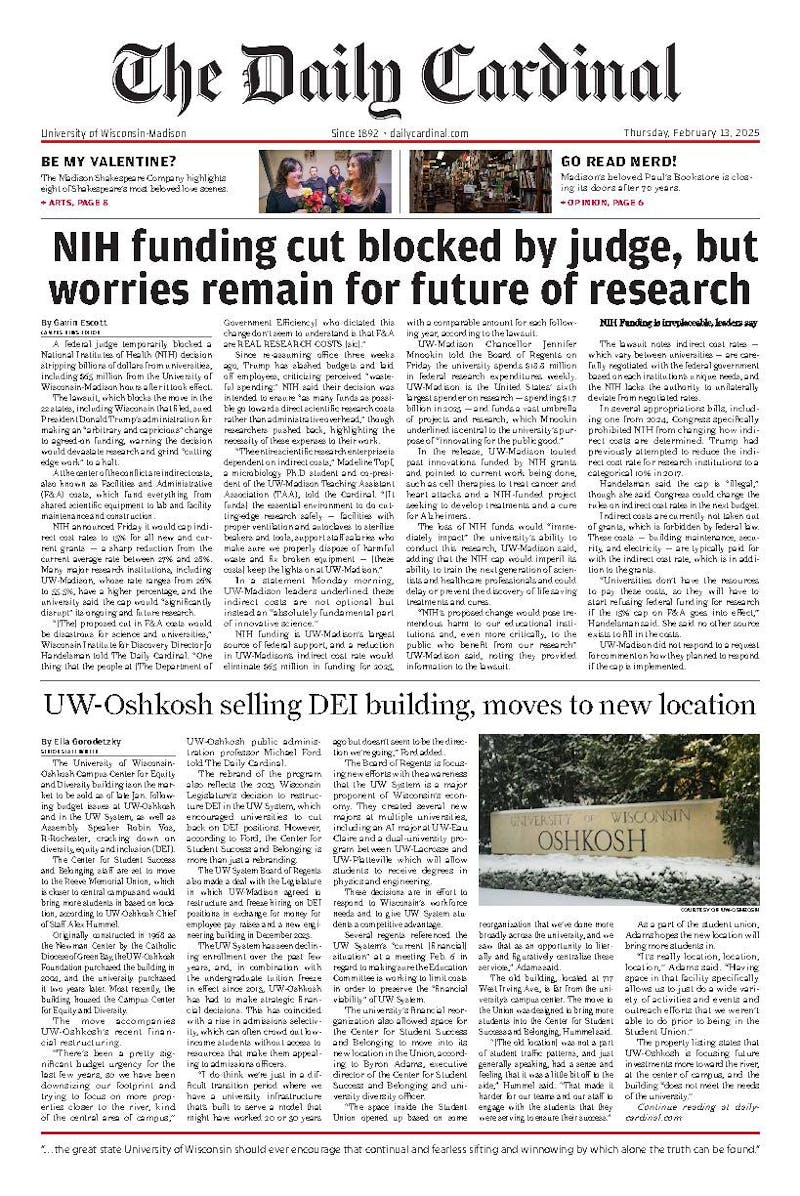UW-Madison based think tank, Center On Wisconsin Strategy (COWS), exhibits a dismal view not only of the overall economic landscape, but also of the particularly desperate situation that many individuals of underrepresented groups face.
""The State of Working Wisconsin"" is released biennially and has been a source of statewide economic evaluation for over 14 years. However, as the 2010 report reads, ""the economic picture for working people is as grim as we have ever reported.""
The report even goes as far to call the 2000s a ""lost decade"" for economic growth. Income has consistently increased for families through the 1980s and 1990s, but trended backward during the 2000s.
Although the whole of Wisconsin's population deals with the ramifications of what COWS is calling ""The Great Recession,"" women, Hispanics and Blacks are far and away suffering the most, according to the report's statistics.
The unemployment rate for Whites in Wisconsin is seven percent, but Hispanics see a rate of 16 percent, and Blacks at a staggering 24 percent, a number the report says ""far exceeds the national Black unemployment rate.""
This gap in prosperity based on gender and race is also evident by wages. According to COWS, women in Wisconsin earn $0.81 for every dollar a man makes, and, on average, Blacks earn $3.25 and Hispanics $4.05 less per hour than whites. Additionally, 30.7 percent, or nearly a third, of Black women earn poverty level wages.
Republican gubernatorial candidate former congressman Mark Neumann's spokesperson Chris Lato said this gap issue can be helped by creating overall growth that ""will lead to more opportunity for everyone.""
Fellow GOP gubernatorial candidate Scott Walker's spokesperson Jill Bader said that ""by easing the burdens on employers we can put more men and women of all backgrounds back to work.""
Democratic gubernatorial candidate Milwaukee Mayor Tom Barrett's spokesperson Phil Walzack said the key to fixing the gap is by creating a qualified workforce through quality secondary and higher education that will ""empower people with the skills they need.""
None of the campaigns explicitly advocated for affirmative action initiatives.





